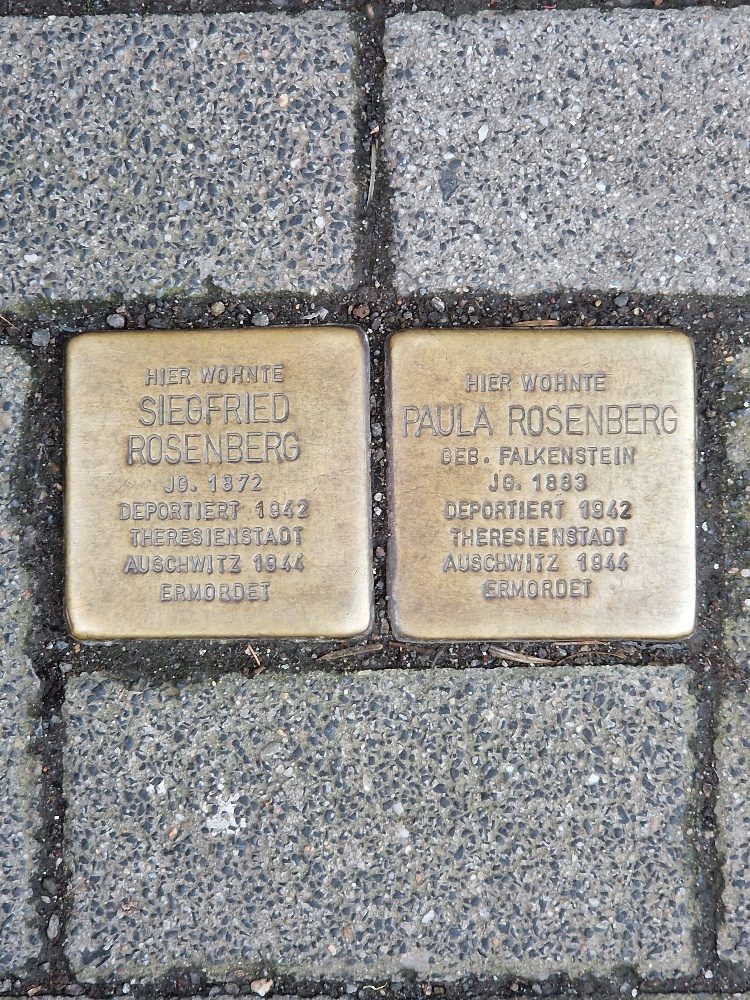Let us reach out to the children. Let us do whatever we can to support their fight to rise above their pain and suffering.
Nelson Mandela
(Alcoholic) men and women drink essentially because they like the affect produced by alcohol… They are restless, irritable, and discontented, unless they can again experience the sense of ease and comfort which comes at once by taking a few drinks….
Dr William Silkworth
Healing doesn’t mean the damage never existed. It means the damage no longer controls your life.
Akshay Dubey
What role does comfort, — or the absence of being comforted, — play in the experience of childhood? This question arose recently during my exploration of feelings which have been bubbling to the surface of my psyche for some time.
The Merriam Webster Online Dictionary provides the following word history for `Comfort´: Middle English comforten, conforten „to strengthen spiritually, inspire with courage, exhort, cheer up, encourage, invigorate…“.
I grew up in a family that taught me how not to feel, or rather to separate out and quarantine distressing feelings, — as if the process could be applied selectively, — to a place beyond emotional reach. This realisation is free of blame or regret. It simply describes the situation as subjectively experienced.
The ability to split off feelings has its role, in certain situations. In emergencies, for example, it is important to act first and deal with feelings later. Whenever splitting off feelings becomes the default modus operandi, however, it can have devastating effects on our relationships, life choices, sense of belonging, and general well-being.
For reasons beyond my understanding, I experienced daily panic attacks over long periods of childhood. They came in the form of nightmarish experiences in the twilight zone on the avenue that leads into the realm of sleep. They sometimes reemerged in the middle of the night.
Although there were situations where I sought comfort from my parents, it was never possible to describe these experiences in words. It seems they could not attune themselves to the emotional state of their devastated and fear-stricken son. One of my abiding memories is that of being returned to my cold bed, alone and terribly lonely, after nocturnal visits to their bedroom.
This memory prompted me to go one level deeper than the fear, the alienation, and the feeling of being overwhelmed and abandoned, to look at one underlying question from the perspective of the Inner Child: Who comforted me in my times of need? As yet, no answer has come.
As one who has been living in recovery from alcoholism since 2003, my mind was quickly drawn to the words of Dr Silkworth above, where he describes as `ease and comfort´ the effect alcohol has on the alcoholic.
The German word that comes to mind is `Geborgenheit´, which conjures up images of a child nestled in the warm embrace of a loving, capable, and attuned adult caretaker. In my mind, this German term truly captures what is meant in English by `ease and comfort´.
I used substances to self medicate from adolescence through until my early forties. By that time, life had become both unbearable and unmanageable, and I sought help, which, thankfully, I found in several Twelve Step fellowships.
Twenty years after embarking on this recovery journey, the process of growing in emotional sobriety, — of re-learning how to feel and to consciously deal with whatever feelings emerge, — continues.
The Positive Intelligence (PQ) Mental Fitness modality, which has become an integral part of my daily practice, has been very helpful in this respect. The concept is to learn to identify and intercept our fear-fuelled impulses (the Saboteurs), cultivate our love-inspired Sage Powers, and master the ability to switch, ideally in real time, from Saboteur to Sage by engaging in regular, short, body-based exercises (so-called PQ Reps), as we go through the day. By way of example, this is today’s PQ `Focus of the Day’:
Our basic practice is that when you catch yourself in any negative emotion, you do some PQ Reps to quiet your Saboteurs and shift the Sage. Today we practice a more advanced technique which is to do PQ Reps on the sensations of the negative emotion that you’re feeling.
For example, if you’re feeling stressed, notice where in your body you feel the sensations of stress and do PQ Reps by bringing all your attention to those sensations.
For example, maybe you really notice how stress has tightened your shoulders or quickened your breath, or how anger is tensing up your forehead. So, to reiterate, when you notice a negative emotion, you do PQ Reps on the sensations of that emotion in your body.
Notice that you won’t be thinking about that emotion, or analyzing it, or justifying it. You’ll just be deeply curious about its sensations and its impact on your body. There are three great benefits to this method.
First, you’re doing PQ Reps so you’re quieting the Saboteurs and activating your Sage.
Second, you’re remaining fully aware of the emotions that you’re experiencing and their impact on your body. This enhances your emotional self-awareness, meaning you’ll be able to catch yourself faster when you go negative.
Third, this process sometimes results in a new awareness about the deeper underlying causes of your negative emotions. That is because you have activated your Sage through PQ Reps and have greater access to your Sage’s wisdom and insights.
Please remember we are not asking you to start analyzing your emotions and trying to figure (out) where they came from. You’re only practicing feeling the sensations of the emotions by doing PQ Reps on them. Trying to analyze or justify your negative emotions is actually a big trick of the Saboteurs to have you dwell and spiral in those emotions.
So, watch out not to fall for that trick. Just do PQ Reps on the sensations. Good luck and have fun with the practice. (Shirzad Chamine, Audio exercise from the PQ App)
This type of practice has been very beneficial in improving my capacity to feel and to lovingly deal with whatever feelings emerge. Feelings have now become a source of information rather than a trigger for old, ingrained, fear-driven impulses or something to be evaluated on the good/bad scale, which is the typical reaction of the Judge Saboteur, generally leading to self-flagellation.
When, during morning meditation, childhood feelings percolate, my adult self and Inner Child aspect confer. Together, we look at and feel the emotional states that bubble up from memory. The adult me simply remains present, extending the embrace of kinship to the child experiencing fear, pain, grief, or joy, — whatever transpires.
This process, — referred to as `re-parenting´, — allows the lifetime reservoir of pent-up, unattended feelings to drain at its own pace, a pace which allows their attendance in a healthy, healing manner. It is an organic process which cannot be engineered or forced. As such, it requires fortitude and trust in the innate healing capacity of body, mind, and soul.
A further component is the adult Patrick now taking responsibility for the welfare of the Inner Child. This aspect of me, once gravely wounded (`trauma´ is the Greek word for `wound´), was initially sceptical and distrusting of all adults, including my own adult self. This is understandable, considering his early experience with adult caretakers and how I had, later in life, internalised much of the shaming and blaming narrative to which he had been exposed in childhood.
With practice, we have now developed a relationship of trust and understanding characterised by kinship, empathy, invigoration, encouragement, and love. It is now possible for me to provide comfort to the child aspect within.
Thanks to PQ, this process has resulted in a new awareness about the deeper underlying causes of my negative emotions and how to heal them. This is how the topic of `comfort´ emerged.
One recent morning, while engaged in this process, the Inner Child became restless, irritable, and discontented, as if he believed that allowing himself to be comforted was a sign of weakness which needed to be avoided. The Judge Saboteur had once more become active.
By continuing to remain present in that discomfort and intercepting the Saboteur in its attempt to hijack the situation, the adult aspect showed the Inner Child that, even in its discomfort, it was infinitely worthy of unconditional love. In that very moment, the Inner Child experienced this in practice. This is the real stuff of healing.
Grieving the losses of the past, while often painful, takes the sting out of the old wounds. Providing the Inner Child with the comforting it needs to simply be himself begins the process of healing so that these losses of the past can no longer control the present.
The strengthening of our Sage Powers through these two steps, means that we continue to grow in empathy and loving-kindness, and are thus enabled to provide comfort to self and others, whenever needed and appropriate. Eventually, we become less dependent on being comforted by the sheer fact that we have learned to be comfortable in inhabiting our true selves, regardless of what feelings are in motion.
This prepares the ground for expansion beyond the comfort zone of the newly-discovered and befriended true self, culminating in the paradoxical shift described by Pema Chödrön as follows: This moving away from comfort and security, this stepping out into what is unknown, uncharted, and shaky — that’s called liberation.
The retrospective comforting and on-going cherishing of the Inner Child; their purpose is now fulfilled.







